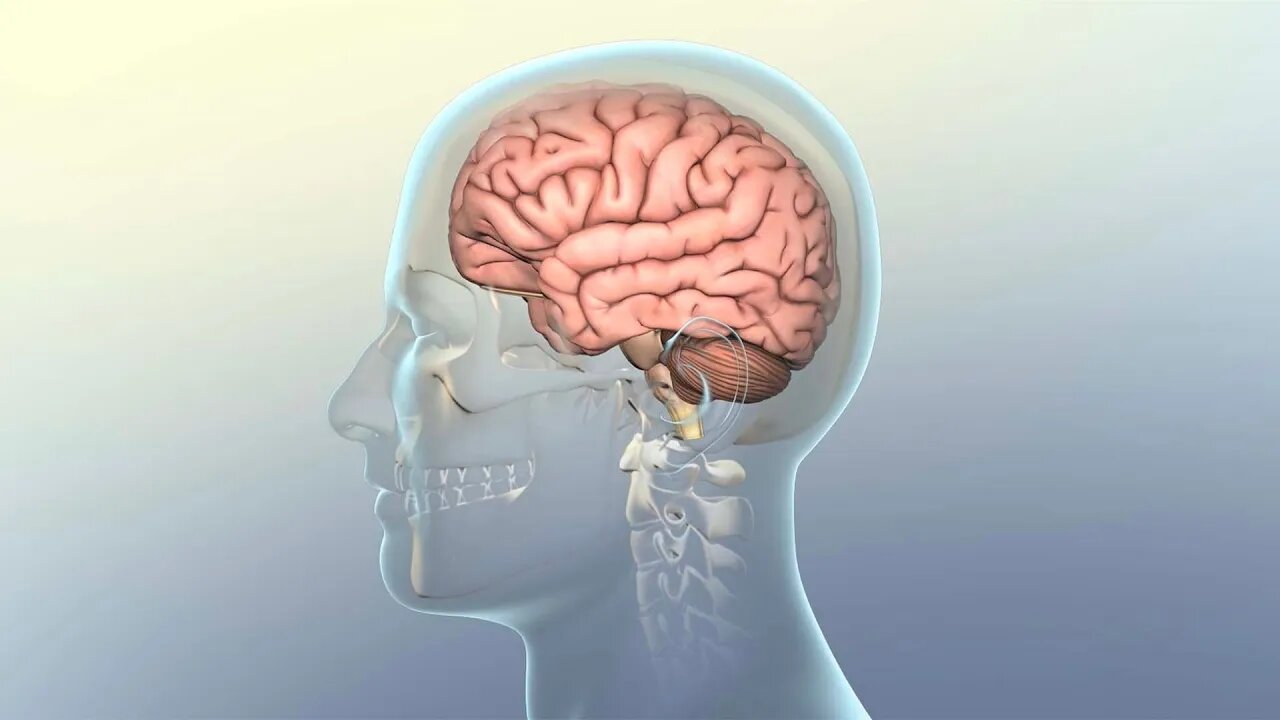Premium Only Content

What is a Concussion and How Does it Affect The Brain?
MEDICAL ANIMATION TRANSCRIPT: A concussion is a brain injury resulting from a violent head impact or rapid head acceleration deceleration. The brain is a soft and pliable organ, and requires physical protection from the environment. The walls of the cranial cavity provide a hard external shield from outside impacts. Inside the cranium, the brain floats in and is surrounded by cerebrospinal fluid. Cerebrospinal fluid provides a protective cushion as everyday movements of the head gently jostle the brain. A violent impact or rapid acceleration deceleration of the head can cause the brain to rotate and strike the inside of the skull. This injury compresses the brain and sends shock waves rippling away from the point of impact. The impact force stretches or tears neuronal axons, resulting in a mild form of the traumatic brain injury called diffuse axonal shearing. This injury compromises normal brain function because it interrupts communication between neurons. Physical symptoms of concussion include headache, nausea, poor muscle coordination, dizziness, light sensitivity and blurred vision, ringing in the ears, and loss of consciousness. Cognitive and emotional symptoms include disorientation, confusion, amnesia, inability to focus and concentrate, irritability, and depression. Treatment for concussion depends on the severity and duration of symptoms. Mild concussions require plenty of rest, increased fluids, and close monitoring of symptoms for 24 to 48 hours. Although mild pain medication, such as acetaminophen or ibuprofen may be prescribed, alcohol and illegal drugs should be avoided. Severe concussions require immediate professional medical evaluation. In many cases, steroids are used to decrease swelling and inflammation in the brain. A CT scan or MRI of the brain may be needed to rule out gross internal damage or hemorrhages.
#concussion #BrainInjury #brain
ANM11014
-
 55:44
55:44
LFA TV
9 hours agoCongress Humiliates Itself | TRUMPET DAILY 1.15.25 7pm
20.9K8 -
 1:42:04
1:42:04
2 MIKES LIVE
4 hours ago2 MIKES LIVE #167 News Breakdown Wednesday!
12.9K12 -
 LIVE
LIVE
Quite Frankly
7 hours ago"Fahrenheit 2025: Drone Hysteria, The Fog, Smart L.A." ft. Elana Freeland 1/15/25
1,341 watching -
 1:43:00
1:43:00
Redacted News
6 hours agoBREAKING! CAPITOL POLICE ON HIGH ALERT OVER ATTEMPTS AGAINST TRUMP, MEDIA SILENT | Redacted
141K221 -
 51:09
51:09
Candace Show Podcast
5 hours agoHILARIOUS! TikTok Ban Backfires | Candace Ep 133
107K114 -
 LIVE
LIVE
Dr Disrespect
9 hours ago🔴LIVE - DR DISRESPECT - WARZONE - NO MERCY
2,491 watching -
 2:27:54
2:27:54
Mally_Mouse
3 hours agoLet's Hang!! -- P.O.Box opening! & Stardew Valley pt. 20!
27.6K2 -
 1:17:31
1:17:31
The Amber May Show
5 hours ago $1.01 earnedDeep Dive On The California Fires | Gulf of 'Merica | Alan Sanders
20.6K3 -
 5:32
5:32
Rethinking the Dollar
9 hours agoHolding 0.001 Bitcoin Could Make You a Millionaire – Here’s Why You’re the Elite
26K8 -
 14:23
14:23
Degenerate Jay
10 hours ago $0.37 earnedThe Arkham Batman Is Alive - The Suicide Squad Game Is Dead
19.7K1